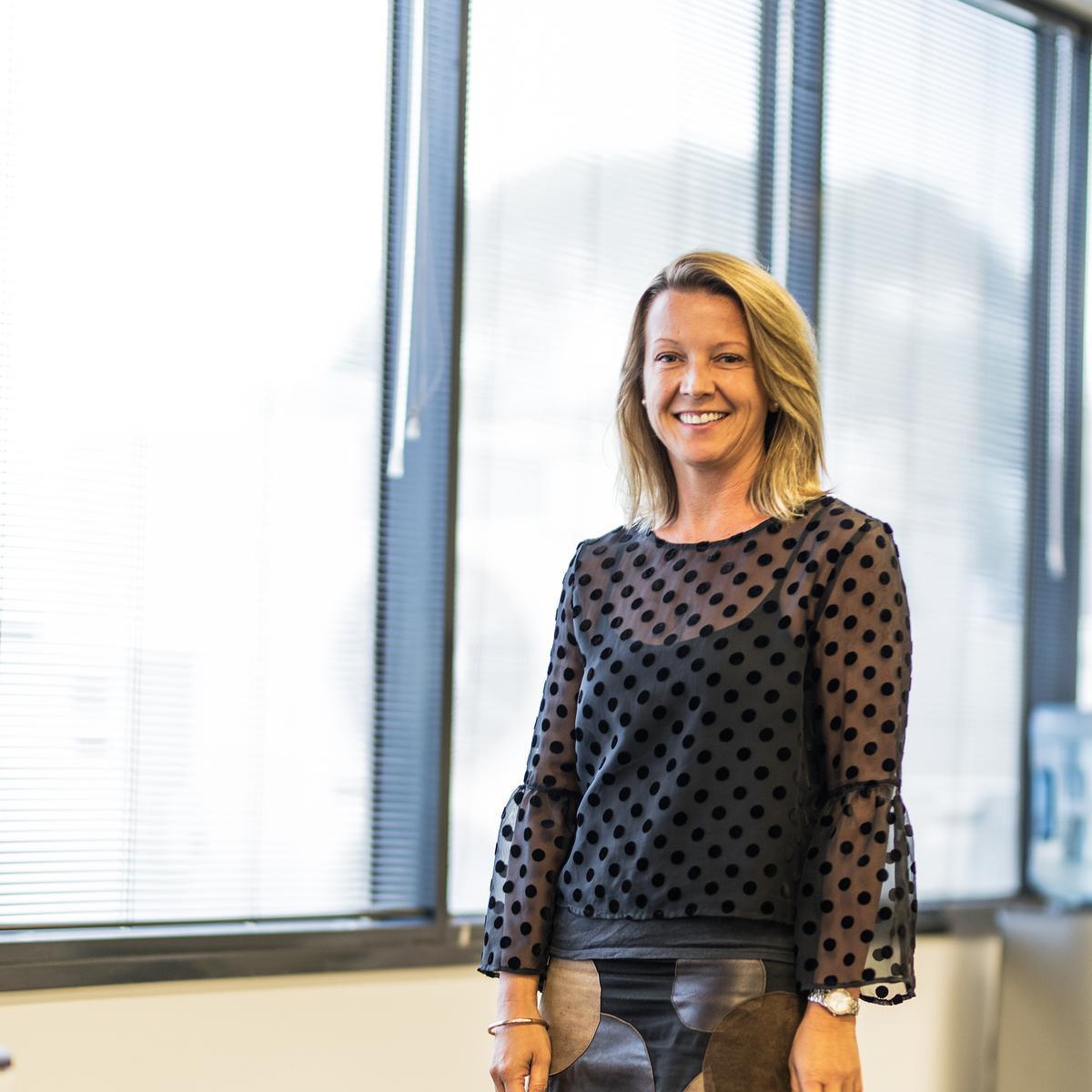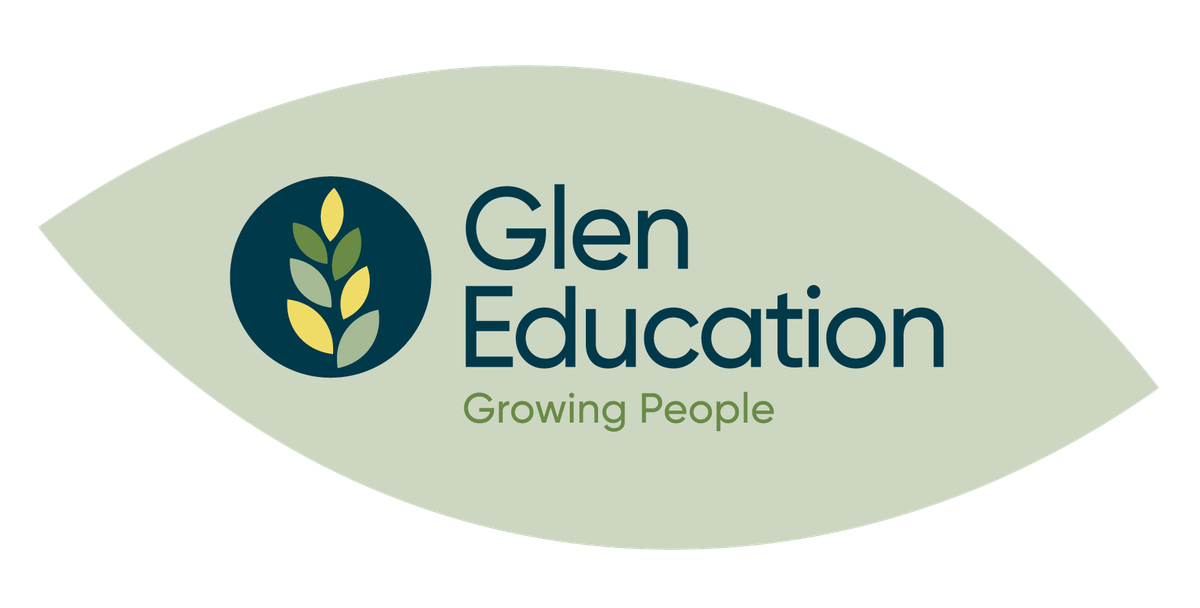CEO Report

As the CEO of Glen Education, I would like to warmly welcome all families as you begin or continue your child’s kindergarten journey with us. Thank you for choosing a Glen Education service, and for placing your trust in our amazing team of teachers, educators and support staff. At the beginning of each new year, our staff spend a great deal of time getting to know the children, their family, interests, skills and areas for development.
The key focus at this early stage is to set goals for the year ahead, build relationships, promote a sense of belonging, and set children up as resilient beings as they navigate all that is to come.
Children are naturally great goal-setters. They all know what they want to be “when they grow up” and this makes for the beginnings of goal setting. As teachers and parents, we are always encouraging children to make and reach goals; whether it’s a child taking their first steps, tying their shoe laces, mastering the monkey bars, or writing their name…….teaching children to reflect and set goals is an important lesson that needs to be taught starting at a young age.
At Glen Education, our staff spend time teaching young children the core social skills that prepare them for school and beyond. These skills boost children’s confidence, increase their ability to build healthy relationships with others, and help them as they adapt to new environments and rising expectations. We want our children to succeed in life. We want them to be effective problem solvers. We want them to set goals and achieve them.
Even as adults, we recognise that having something to focus on and work towards helps us to be productive human beings. It is our responsibility to teach these skills to children. Setting goals and working towards them teaches children perseverance. It is also important because it gives them a sense of purpose that can improve their confidence and build their self-esteem. It also helps them to focus and make better decisions. Along with this, goal setting can be used to motivate children by ensuring that they achieve smaller goals on a regular basis.
Each child brings their own experiences, backgrounds, social networks and knowledge developed through connection with family and community. Consequently, what shapes the goals of every single child’s experience is unique.
As families are generally the primary influence in children’s lives, our teachers and educators recognise the importance and rationale for collaborative goal setting. When we work in partnerships with children, families and communities, then it makes sense that setting goals becomes a shared interest. The National Quality Standard reminds us that:
‘supportive, respectful relationships with families are fundamental to achieving quality outcomes with children.’ Guide to the National Quality Framework, p.252
As such, our staff recognise the critical importance of working with families to set goals. Through working in partnership throughout the year, our aim is to:
- Strengthen Family Bonds
Working towards common goals creates shared experiences and strengthens family relationships.
- Promote Communication and Collaboration
Setting goals together encourages open communication and allows family members to contribute their ideas and perspectives.
- Provide a Sense of Purpose and Direction
Having clear goals helps families stay focused and motivated, leading to a sense of accomplishment and satisfaction.
- Foster a Positive Environment
When families work together towards shared goals, it creates a more positive and supportive environment for all members.
- Teach valuable life skills:
Goal setting is a valuable life skill that can be taught and practiced within the family context.
Children love to see their own progress. We need to remember though that at ages three and four, they are still developing a sense of identity, and therefore their own ideas about who they are at any given time. You may often notice that a child’s sense of identity changes depending on which children and adults are in the room, or the environments that they might be in. Thus, it’s important to recognise that children are valuable contributors to their own learning and development goals.
Goal setting sets children up for success yet also helps them to deal with disappointments. Throughout this year, I encourage you to work closely with your children, our educational teams, members of your family, and wider community network to set goals. Recognise that there will be highs and lows, but that it all forms part of your child’s incredible journey.
Samantha Kolasa


